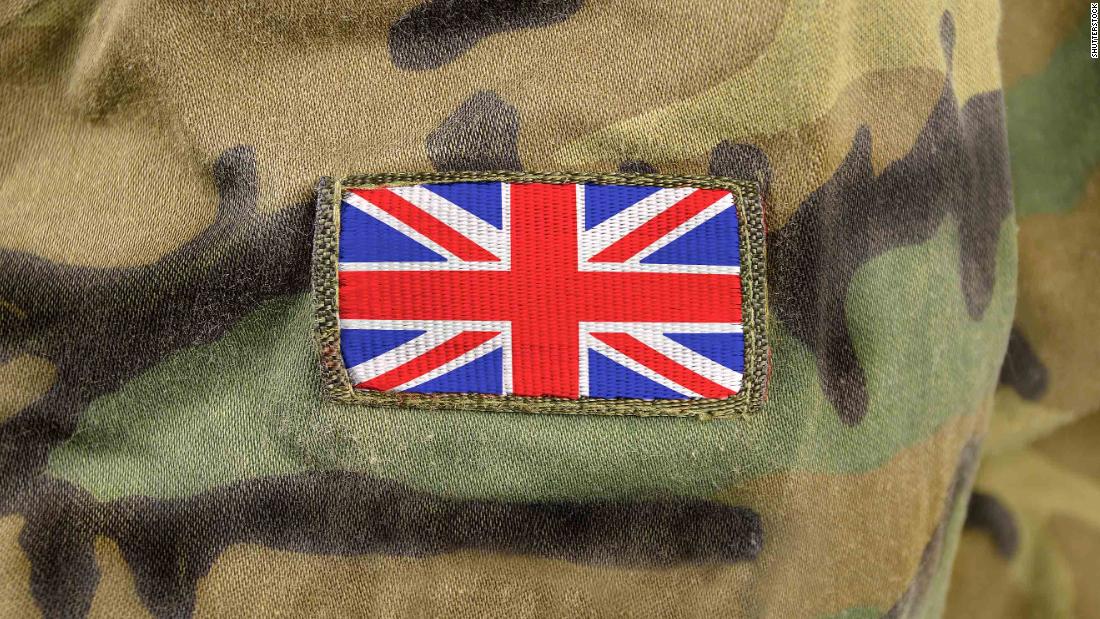Only heterosexual people were allowed to serve in the British Armed Forces until the turn of the century, and troops whose sexuality was discovered often saw their honors removed before being released.
They can now apply to be reinstated.
He comes after a legal campaign by Malvinas War veteran Joe Ousalice, who was expelled from the Royal Navy in 1993 for being bisexual and who lived in poverty on his return to the country.
He previously told the BBC that when his superiors discovered his sexuality, “they cut (the medal) off my chest with big scissors”.
UK Prime Minister Boris Johnson wrote in a tweet on Tuesday: “Those who serve in our Armed Forces deserve all recognition for their services.
“It was a great injustice that some members were denied this simply because of their sexuality. I am immensely pleased that we can now resolve this historic error.”
LGBTQ groups welcomed the change, but urged the government to go further and deal with other consequences faced by people who were discharged because of their sexuality.
“It is deeply regrettable that, because of their sexuality, some members of the Armed Forces have been treated in the past in a way that would not be acceptable today,” Defense Minister Annabel Goldie said in a statement.
“As a result of disciplinary action and dismissal from the service, some employees lost the medals they had won and others were denied the opportunity to continue in the service that could have resulted in the restoration of medals that were lost for different reasons.”
The Defense Ministry said it was “committed to dealing with this historic error” and encouraged veterans to apply. Relatives can enroll in the name of a former soldier who died.
LGBTQ activists urged ministers to also deal with claims for damages, lost pension rights, veterans’ mental health and other issues faced by people who were victims of pre-2000 legislation.
“This is the first step towards recognizing more comprehensive repairs,” said LGBTQ services group Fighting With Pride. “Our goal is to ensure that the impact of all historical irregularities is recognized and properly addressed, not just the return of medals.”
In recent years, the British government has calculated the consequences of a series of historic homophobic laws.
In 2016, the UK government announced that thousands of gay and bisexual people convicted under sex crimes laws now abolished would be forgiven posthumously.
The proposal was dubbed “Turing’s Law” – named after World War II cracker Alan Turing, who committed suicide in 1954 after being subjected to chemical castration as a punishment for homosexual activity.
